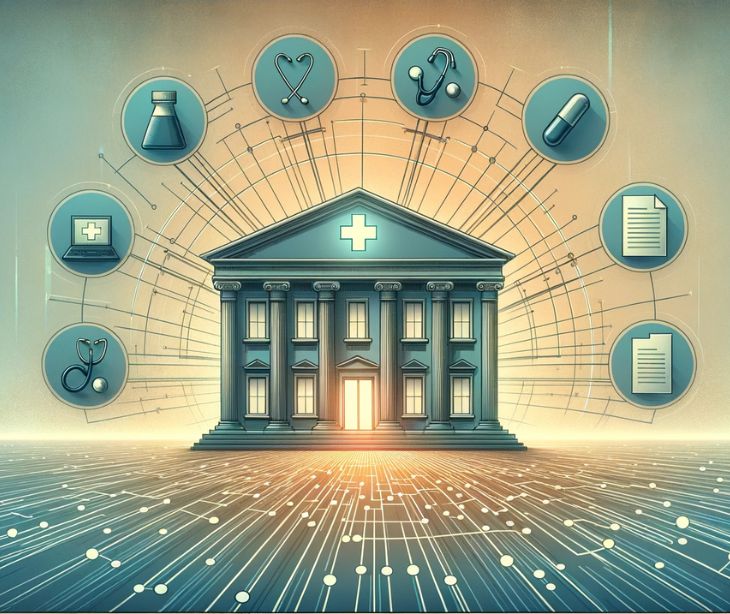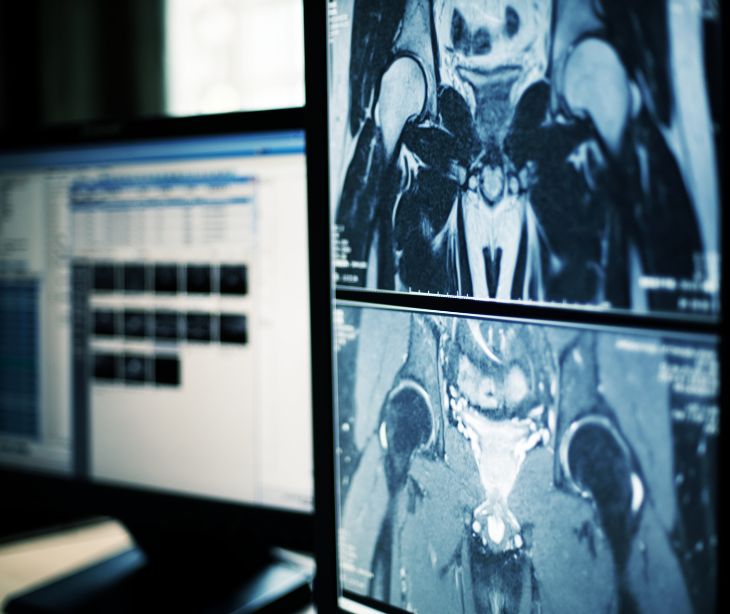
HIPAA is important because it ensures patient privacy, secures sensitive health information from potential breaches, facilitates better patient care, and imposes legal consequences for those who disregard its regulations. In doing so, HIPAA protects the rights and well-being of patients and strengthens the integrity and trustworthiness of the entire healthcare industry.
What is HIPAA?
The Health Insurance Portability and Accountability Act (HIPAA) is a federal law in the United States that was enacted in 1996. HIPAA serves two main purposes:
- Portability: HIPAA ensures that individuals can maintain their health insurance coverage when they change or lose their jobs. It limits exclusions for pre-existing conditions and provides certain rights and protections related to health coverage.
- Accountability: HIPAA establishes rules and regulations for the privacy and security of individuals' protected health information (PHI). This aspect of HIPAA falls under the HIPAA Privacy Rule and the HIPAA Security Rule.
HIPAA privacy rule
The HIPAA Privacy Rule sets national standards for the protection of individually identifiable health information. It governs how covered entities—healthcare providers, health plans, and healthcare clearinghouses—must handle PHI. This rule grants patients the right to control who can access their health information and sets guidelines for when PHI can be disclosed without the patient's authorization.
HIPAA security rule
The HIPAA Security Rule complements the Privacy Rule by establishing specific standards for protecting electronic PHI (ePHI). It outlines administrative, technical, and physical safeguards that covered entities and their business associates must implement to secure ePHI against unauthorized access, breaches, and cyber threats.
Why HIPAA is important for patients
From the patients' perspective, HIPAA is important because it directs covered entities to protect their sensitive information and keep it private and confidential. HIPAA's Privacy Rule gives patients a host of rights that covered entities must comply with.
How does HIPAA benefit the patient?
- Privacy protection: HIPAA safeguards sensitive health data, ensuring patients' personal and medical information remains confidential.
- Control over information: Patients can review and amend their medical records, promoting accuracy and giving them control of their health information.
- Informed consent: Patients have the right to make decisions about their health information usage, which is protected, promoting transparency.
- Data security: HIPAA's Security Rule safeguards electronic health records, preventing cyber threats and unauthorized access.
- Breach notification: Patients should be informed of unauthorized data exposure, allowing them to take action to mitigate harm.
- Non-discrimination: HIPAA prevents discrimination based on health status, ensuring equitable access to coverage and services.
- Access to medical records: Patients can access their records, encouraging transparency, engagement, and care continuity.
- Confidentiality with minors: HIPAA respects minors' confidentiality, promoting open communication and appropriate care.
- Legal recourse: Patients can file complaints for HIPAA violations, reinforcing accountability and enforcing privacy rights.
- Research protection: HIPAA balances research and privacy, safeguarding data shared for scientific advancement while preserving confidentiality.
- Healthcare decision-making: Patients can share health data with family, enabling informed decisions and support during medical crises.
- Redress for violations: HIPAA's complaint mechanisms hold entities accountable for breaches, reinforcing patient rights and regulatory compliance.
- Telehealth confidentiality: HIPAA maintains patient data confidentiality during telehealth, enabling remote care without compromising privacy.
Related: What are patient rights under HIPAA?
Why is HIPAA important for the healthcare industry?
HIPAA is important for healthcare organizations because it streamlines administrative functions within the healthcare industry to ensure the security of vital health information and improve efficiency.
How HIPAA benefits the healthcare industry
- Legal and regulatory compliance: Compliance with HIPAA reduces the risk of legal penalties and sanctions by demonstrating a commitment to meeting regulatory standards.
- Data security: HIPAA's security measures protect healthcare entities from cyber threats, breaches, and associated financial and reputational risks.
- Efficient operations: Standardized HIPAA processes streamline administrative workflows, improving efficiency in healthcare operations.
- Data sharing: HIPAA standards enhance secure health information exchange, promoting seamless communication and coordinated care.
- Clinical decision-making: Access to accurate patient records informed by HIPAA enables informed clinical decisions and improved treatment outcomes.
- Telehealth advancements: HIPAA compliant telehealth ensures secure virtual consultations, expanding access to healthcare services for patients.
- Research facilitation: HIPAA allows de-identified data for research, contributing to scientific advancements while protecting patient privacy.
- Strengthened collaboration: Clear information-sharing guidelines facilitate effective healthcare professional collaboration and care coordination.
- Professional ethics: Adhering to HIPAA reflects a commitment to ethical principles, fostering a culture of respect for patient privacy.
- Long-term viability: HIPAA compliance ensures institutions' adaptability to emerging technologies while maintaining data security for long-term success.
Go deeper:
Subscribe to Paubox Weekly
Every Friday we bring you the most important news from Paubox. Our aim is to make you smarter, faster.




